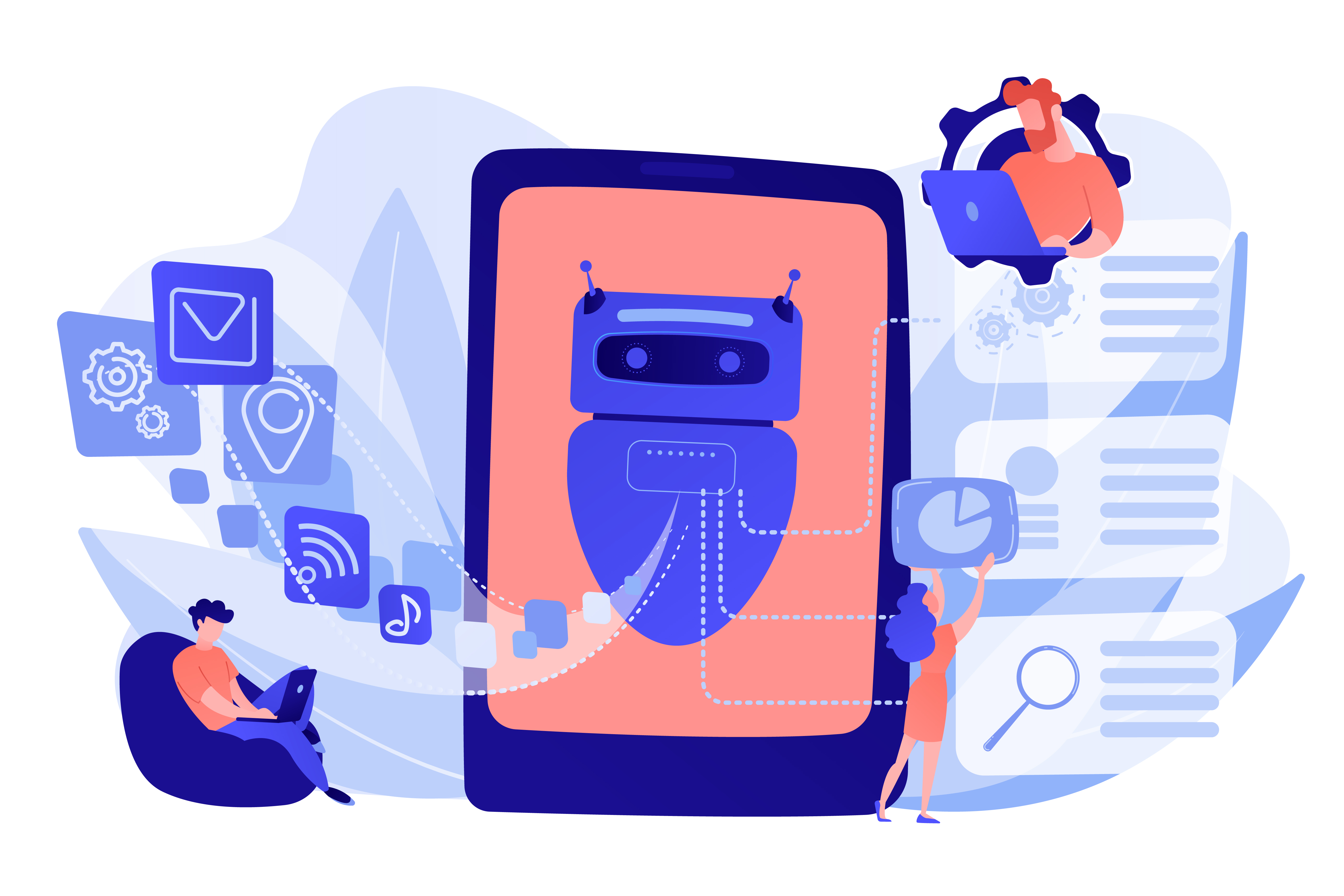Nowadays, technology transforms every aspect of education and AI in student recruitment is reshaping how universities attract, assess, and admit future learners. In 2025, AI is no longer a futuristic concept — it’s a strategic asset driving smarter, faster, and more personalized recruitment experiences.
In this guide, we explore how AI in higher education recruitment is evolving, the tools leading the change, and the benefits and challenges of AI in education. Whether you're a university professional, EdTech founder, or curious student, this article is your inside look into the future of AI in university admissions.
What Is AI in Student Recruitment?
In the context of student recruitment, artificial intelligence refers to the application of intelligent algorithms and automation to optimise and enhance the procedures for drawing in, interacting with, and converting potential students. This includes:
- Chatbots that answer questions 24/7
- Predictive analytics that determine which candidates are most likely to succeed.
- Automated email workflows tailored to student interests
- AI-powered tools that score or sort applications
- Sentiment analysis on personal statements or interviews
By integrating machine learning and data-driven personalisation, AI empowers institutions to do more with less while maintaining a human-centred experience.
Benefits of AI in Higher Education Recruitment
1. Faster Response Times & 24/7 Support
AI chatbots and virtual assistants help universities respond instantly to student inquiries, improving engagement and satisfaction.
2. Smarter Targeting and Lead Nurturing
AI systems can analyse large datasets to predict which prospects are most likely to apply, accept offers, or need additional support — helping admissions teams focus efforts where they matter most.
3. Data-Driven Decision Making
With AI-powered dashboards, institutions can track applicant behavior, campaign ROI, and conversion patterns more effectively than ever before.
4. Hyper-Personalised Student Journeys
From program recommendations to financial aid suggestions, AI helps tailor content and communications to each student's background, behaviour, and goals.
5. Increased Operational Efficiency
By automating repetitive tasks (like sorting applications or sending reminders), admissions teams save time and reduce errors.
AI-Powered Recruitment Tools to Watch in 2025
The market is booming with smart tools for every stage of the admissions funnel. Some key categories include:
- Conversational AI: ChatGPT-powered chatbots, WhatsApp assistants, voice bots
- Predictive Analytics Platforms: Identify which leads are most likely to convert
- CRM + AI Integrations between platforms
- Video Interview Tools: Use AI to assess communication skills, engagement, and even sentiment
- Automated Content Personalization: Dynamic landing pages and emails tailored to user behaviour
These AI-powered recruitment tools are being rapidly adopted by forward-thinking institutions looking to scale outreach without sacrificing personalization.
Challenges of AI in Education Recruitment
While the potential is immense, using AI in university admissions comes with important ethical and operational challenges:
Bias in Algorithms
The quality of the data used to train AI systems determines how accurate they are. Bias can creep in through historical patterns or incomplete datasets, risking unfair exclusion.
Data Privacy & Compliance
With regulations like GDPR in place, institutions must ensure AI tools handle personal data securely and transparently.
Human Oversight Is Still Crucial
AI should assist, not replace, human judgment in admissions decisions. Context, empathy, and nuanced understanding still matter.
Integration Complexity
Many legacy systems in higher ed are not AI-ready. Institutions often face hurdles when trying to integrate new tech into outdated CRMs or application platforms.
The Future of AI in University Admissions
So, what does the next chapter look like for AI university admissions?
We’re already seeing:
- AI helping students shortlist courses based on goals, eligibility, and funding options
- Voice-based assistants guiding applicants through forms and deadlines
- Machine learning flagging at-risk applicants for early intervention
In the future, we may see even more advanced applications:
- Real-time translation tools for global applicants
- AI-powered video campus tours
- Fully adaptive, interactive application portals
As student expectations shift toward seamless, digital-first experiences, universities that adopt ethical, transparent AI will have a competitive edge.
Balancing Innovation with Integrity
AI is not a magic bullet — but when used thoughtfully, it can dramatically enhance the admissions journey for both institutions and students. The key is to find the balance: using AI to streamline processes and personalize experiences, while keeping human values at the centre.
At UAPP, we believe in using technology to widen access, not replace empathy. As we explore new AI-powered tools, our focus remains on supporting every student’s unique path to higher education.
Curious how AI could improve your recruitment strategy? Let’s talk about building a smarter, more inclusive future for student admissions.
